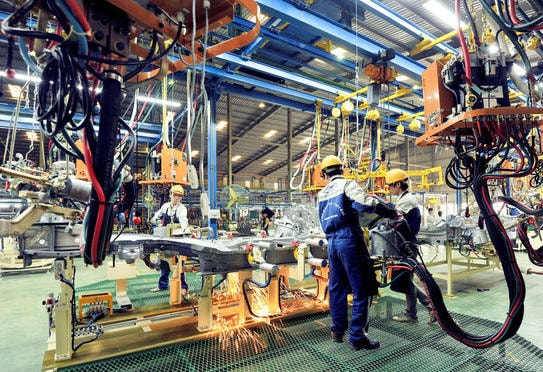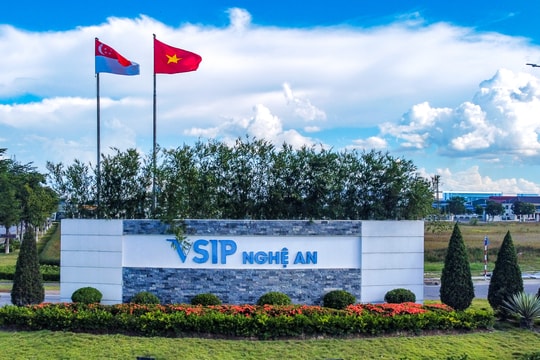'Domestic' cars continue to drop in price sharply when new regulations are applied
With this regulation, domestically assembled cars have the opportunity to reduce costs and compete with imported cars when from 2018, import tax on cars in ASEAN will be 0%.
The Government has just issued Decree 125/2017/ND-CP amending and supplementing a number of articles of Decree No. 122/2016/ND-CP dated September 1, 2016 of the Government on Export Tariff Schedule, Preferential Import Tariff Schedule, List of goods and absolute tax rates, mixed tax, and import tax outside the tariff quota.
One of the notable points of the Decree is the amendment of preferential import tax rates for imported auto components under the Tax Incentive Program.
Accordingly, from 2018, import tax on many types of auto parts under the Tax Incentive Program will be reduced to 0%. However, not all auto manufacturing and assembling enterprises can apply this policy, and it comes with many strict conditions.
Specifically, import tax on some imported auto components is reduced to a preferential rate of 0%.
However, not all domestic automobile manufacturing enterprises enjoy this preferential 0% component tax rate.
 |
| Domestically assembled cars have the opportunity to reduce costs and compete with imported cars when from 2018 the import tax on cars in ASEAN is 0%. |
One of the requirements is that enterprises must ensure the standards of automobile manufacturing and assembling enterprises according to Government regulations on conditions for manufacturing, assembling, importing and providing automobile warranty and maintenance services.
On the other hand, the Decree has also “finalized” the controversial issue from the consultation stage for this Decree. That is, enterprises must still commit to producing and assembling cars that meet emission standards level 4 (from 2018 to 2021) and level 5 (from 2022 onwards) and achieve the prescribed output.
The output of the car model committed to be produced and assembled domestically (abbreviated as the minimum individual output for the committed car model) is specified for each specific period.
This auto part must be of a type that cannot be produced domestically and must ensure a level of discreteness.
In addition, to receive tax incentives for imported components, businesses must submit documents and procedures to implement the Tax Incentive Program for approval by the competent authority.
The dossier includes an official letter of registration to participate in the Tax Incentive Program and a Certificate of Business Qualified as an Automobile Manufacturing and Assembly Enterprise or an Investment Certificate or a technical and economic justification of the factory to prove that the factory's production and assembly capacity is consistent with the minimum annual output of the Automobile Components Tax Incentive Program.
Enterprises shall submit their registration dossiers to participate in the Tax Incentive Program at the customs office where the enterprise has its head office or where it has a manufacturing or assembly plant to register to participate in the Tax Incentive Program immediately after the date this Decree is signed or at any time each year during the period of the Tax Incentive Program. The time of participation in the Tax Incentive Program is calculated from the date of the registration document onwards.
With this regulation, domestically assembled cars have the opportunity to reduce costs and compete with imported cars when from 2018, import tax on cars in ASEAN will be 0%.
According to VNN
| RELATED NEWS |
|---|

.jpg)

